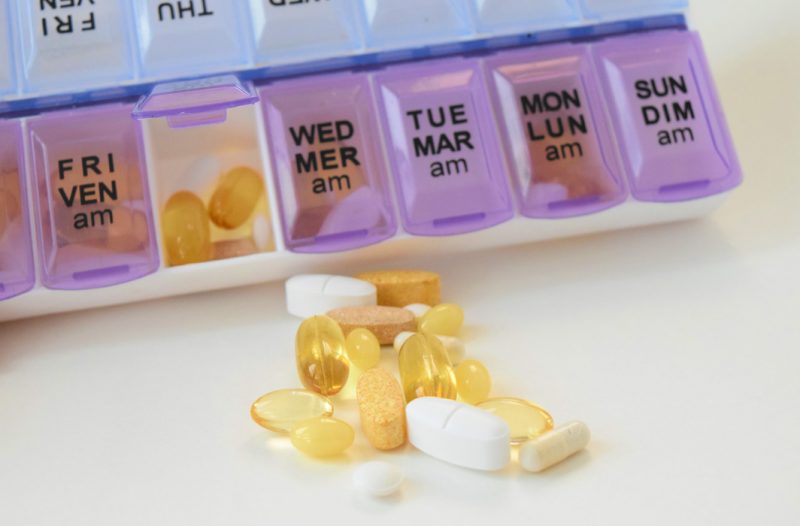Two years ago, the University of Guelph published an astonishing study: of 44 different supplements and 12 brands that underwent DNA testing in their lab, a full 60% contained undeclared ingredients and many contained none of the listed ingredients (e.g., “echinacea” capsules that contained no echinacea).
Among the undeclared ingredients were key allergens such as wheat, walnut, soy and substances from the peanut family. Wheat, soy and rice were the most common.
Now there is a new study, and a cease-and-desist order, undertaken by the New York Attorney General, of supplements at three major US stores due to more undeclared fillers and allergens. This study found that 3 out of 4 products contained undeclared ingredients. There is essentially no regulation of nutritional supplements in the US, and lax regulation in Canada.
This is personal to me because a couple years ago, I gave my son a liquid supplement and he reacted. I guess I was “smart” to only give him a tiny taste at first…. but I was a moron for ever giving it to him at all, for believing the label was truthful. This was confirmed by our allergist the following week, who said there is little to no regulation of vitamin, mineral and herbal supplements in Canada and that under no circumstances should store-bought supplements be taken by people with food allergies.
I felt like the world’s worst mother for weeks. How could I have been so dumb as to think the label actually listed its true contents? I realized I wasn’t even sure where the supplement was manufactured. It said “Product of United States,” but what does that really mean? How many ingredients were sourced from different vendors along the winding route (across the ocean probably) to the hippie pharmacy in my family’s hometown? “Wheat free”: probably just words. That whole bottle was a big lie.
A few months later, the Guelph Study came out, confirming what our allergist had said. Her words still hold true: store-bought supplements pose a reaction threat to people with food allergies, until there is a true inspection protocol in place. Mislabling is rampant in the industry, as is clear from the Guelph report.
For families of children with food allergies that require nutritional supplementation (such as calcium), it is a good idea to talk to a physician or pediatric dietician to figure out a safe way to supplement and/or get a balanced diet.
Please pass the word if you are living in the US or Canada.
Re-published with permission from Anne King’s blog May Contain.

